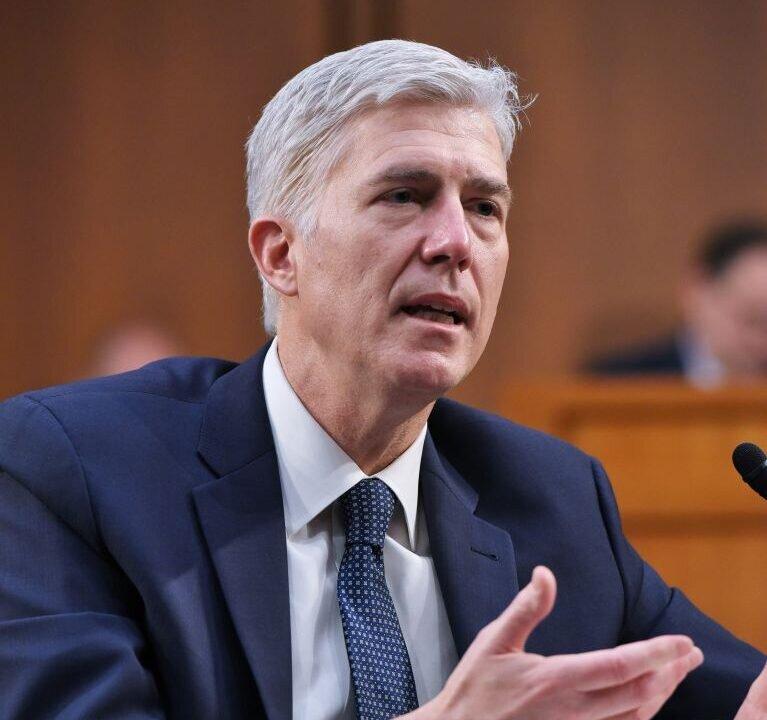The Supreme Court refused a request on Sept. 8 by a Sunoco business unit to halt enforcement of a $155 million class-action judgment for unpaid interest on late payments for crude oil while it decides whether it should hear the company’s appeal of the verdict.
The justices are scheduled to consider the appeal on Sept. 28.





